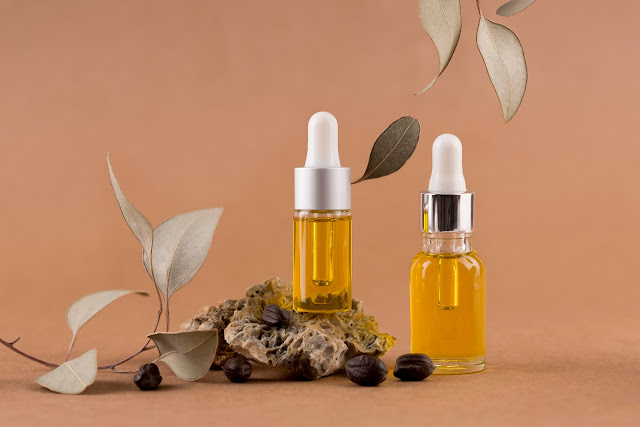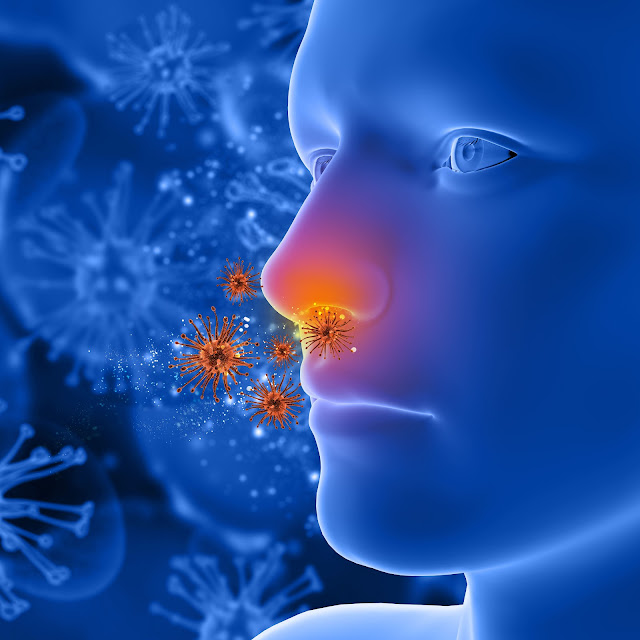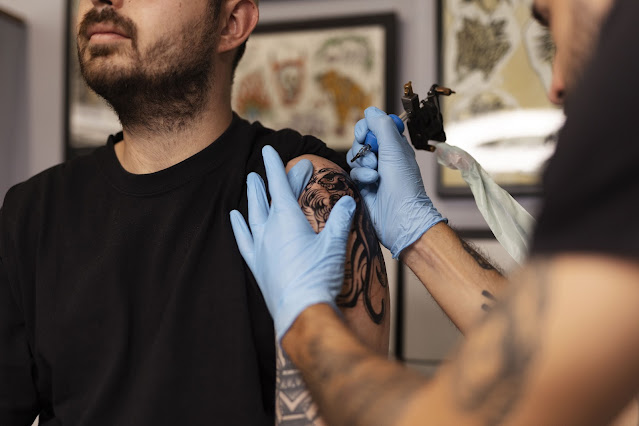best herbs for acne hormones
 |
| Image by Freepik |
Herbs for Acne Hormones
Acne is a common skin condition that affects millions of people worldwide, and it can be caused by a variety of factors such as hormones, genetics, and diet. Hormonal acne, in particular, is caused by an imbalance of hormones in the body. While there are many conventional treatments for acne, such as prescription medications and over-the-counter creams, some people prefer to try natural remedies like herbs. In this article, we will discuss the top herbs for acne hormones and how they can help to manage hormonal acne.
1. Vitex (Chasteberry)
Vitex, also known as chasteberry, is a popular herb for hormonal acne. It works by regulating the pituitary gland, which is responsible for producing hormones that regulate the menstrual cycle. Vitex can also help to lower levels of androgens, which are hormones that can cause acne. Studies have shown that vitex can improve acne in women with hormonal imbalances.
2. Saw Palmetto
Saw palmetto is another herb that can help to manage hormonal acne. It works by blocking the conversion of testosterone to dihydrotestosterone (DHT), which is a hormone that can cause acne. Saw palmetto is often used to treat acne in women who have high levels of androgens.
3. Spearmint
Spearmint is a refreshing herb that can also help to manage hormonal acne. It works by reducing levels of androgens, which can contribute to acne. A study found that drinking spearmint tea for a month reduced the levels of free and total testosterone in women with hirsutism (excess hair growth), which is often associated with high androgen levels.
4. Licorice Root
Licorice root is a popular herb in traditional Chinese medicine that can also help to manage hormonal acne. It works by inhibiting the production of androgens, which can contribute to acne. Licorice root can also help to reduce inflammation and redness associated with acne.
5. Evening Primrose Oil
Evening primrose oil is an oil extracted from the evening primrose plant. It contains gamma-linolenic acid (GLA), which is an essential fatty acid that can help to regulate hormones. Studies have shown that taking evening primrose oil supplements can improve acne in women with hormonal imbalances.
6. Turmeric
Turmeric is a popular spice that can also help to manage hormonal acne. It works by reducing inflammation and redness associated with acne. Turmeric also has antioxidant properties that can help to protect the skin from damage caused by free radicals.
7. Green Tea
Green tea is a popular beverage that contains antioxidants and anti-inflammatory compounds. It can also help to manage hormonal acne by reducing levels of androgens. A study found that drinking green tea for six months reduced levels of androgens in women with polycystic ovary syndrome (PCOS), which is often associated with high androgen levels.
8. Red Clover
Red clover is an herb that contains phytoestrogens, which are plant compounds that can mimic the effects of estrogen in the body. Phytoestrogens can help to balance hormones and reduce acne. Red clover can also help to reduce inflammation and improve the overall health of the skin.
9. Aloe Vera
Aloe vera is a popular plant that has been used for centuries to treat a variety of skin conditions, including acne. It works by reducing inflammation and redness associated with acne. Aloe vera can also help to moisturize the skin and promote healing.
10. Calendula
Calendula is an herb that is oftenused topically to treat acne. It has anti-inflammatory properties that can help to reduce redness and swelling associated with acne. Calendula can also help to soothe irritated skin and promote healing.
11. Tea Tree Oil
Tea tree oil is a popular essential oil that is often used to treat acne. It has antibacterial properties that can help to kill the bacteria that contribute to acne. Tea tree oil can also help to reduce inflammation and redness associated with acne.
12. Lavender
Lavender is an herb that has soothing properties that can help to reduce stress and anxiety, which can contribute to hormonal imbalances. Lavender can also help to reduce inflammation and promote healing.
13. Chamomile
Chamomile is an herb that has anti-inflammatory and soothing properties. It can help to reduce redness and swelling associated with acne. Chamomile can also help to promote relaxation and reduce stress, which can contribute to hormonal imbalances.
14. Echinacea
Echinacea is an herb that has immune-boosting properties. It can help to strengthen the immune system, which can help to fight off infections that contribute to acne. Echinacea can also help to reduce inflammation and promote healing.
15. Milk Thistle
Milk thistle is an herb that can help to detoxify the liver, which is responsible for metabolizing hormones. It can help to reduce the levels of androgens in the body, which can contribute to hormonal imbalances and acne.
In conclusion, there are many herbs that can help to manage hormonal acne. These herbs work by regulating hormones, reducing inflammation, and promoting healing. While herbs can be effective, it's important to talk to a healthcare professional before trying any new remedies, especially if you're taking medication or have a medical condition.
FAQs:
- Are herbs safe to use for acne hormones?
Herbs can be safe to use, but it's important to talk to a healthcare professional before trying any new remedies, especially if you're taking medication or have a medical condition.
- Can I use herbs instead of prescription medication for acne?
It's important to talk to a healthcare professional before making any changes to your acne treatment plan, including using herbs.
- How long does it take for herbs to improve acne?
The length of time it takes for herbs to improve acne can vary depending on the individual and the severity of their acne.
- Are there any side effects of using herbs for acne?
Some herbs can cause side effects, so it's important to talk to a healthcare professional before trying any new remedies.
- Can I use multiple herbs at once to treat acne?
It's possible to use multiple herbs to treat acne, but it's important to talk to a healthcare professional before combining herbs to ensure they are safe and effective together.

